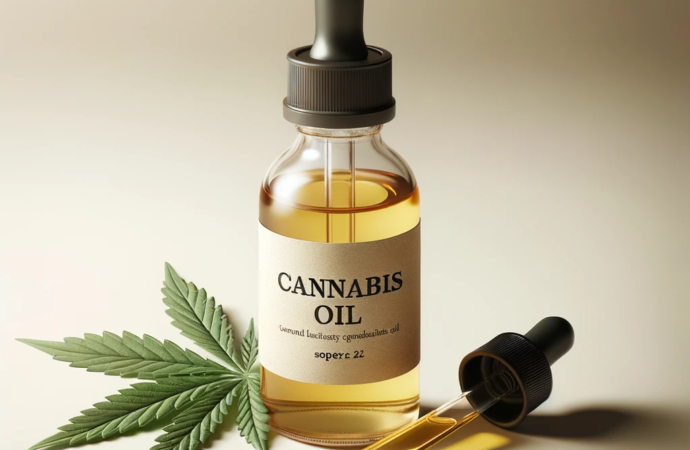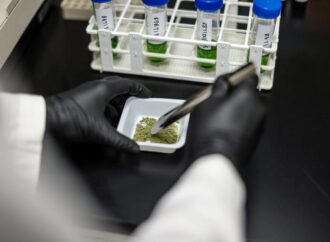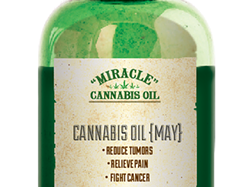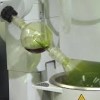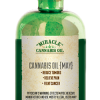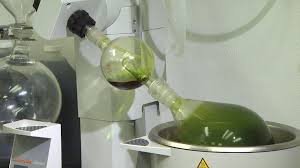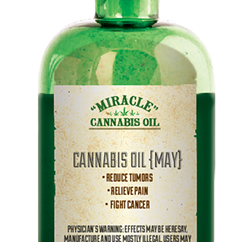In recent years, signs advertising CBD oil have become ubiquitous, appearing everywhere from pharmacies to mall kiosks. But how much do consumers really know about this enigmatic product? According to a recent article in the Chronicle Online, CBD, or Cannabidiol, is an active ingredient found in the cannabis plant. It’s often diluted with a carrier
In recent years, signs advertising CBD oil have become ubiquitous, appearing everywhere from pharmacies to mall kiosks. But how much do consumers really know about this enigmatic product? According to a recent article in the Chronicle Online, CBD, or Cannabidiol, is an active ingredient found in the cannabis plant. It’s often diluted with a carrier oil like hemp seed or coconut oil and comes in various forms, including pills, creams, and edibles.
Researchers are exploring CBD’s potential for treating a range of conditions, from pain and inflammation to sleep disorders and mental health issues. However, the U.S. Food and Drug Administration currently only approves Epidolex, a purified CBD oil, for treating epilepsy. While generally considered safe, CBD can have side effects like nausea and may interact with other medications.
As the legalization of CBD and marijuana gains momentum, it’s crucial for consumers to consult medical professionals before using CBD, especially given its unregulated status and potential to show up on drug tests.
